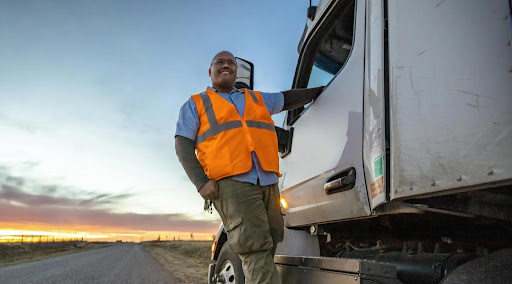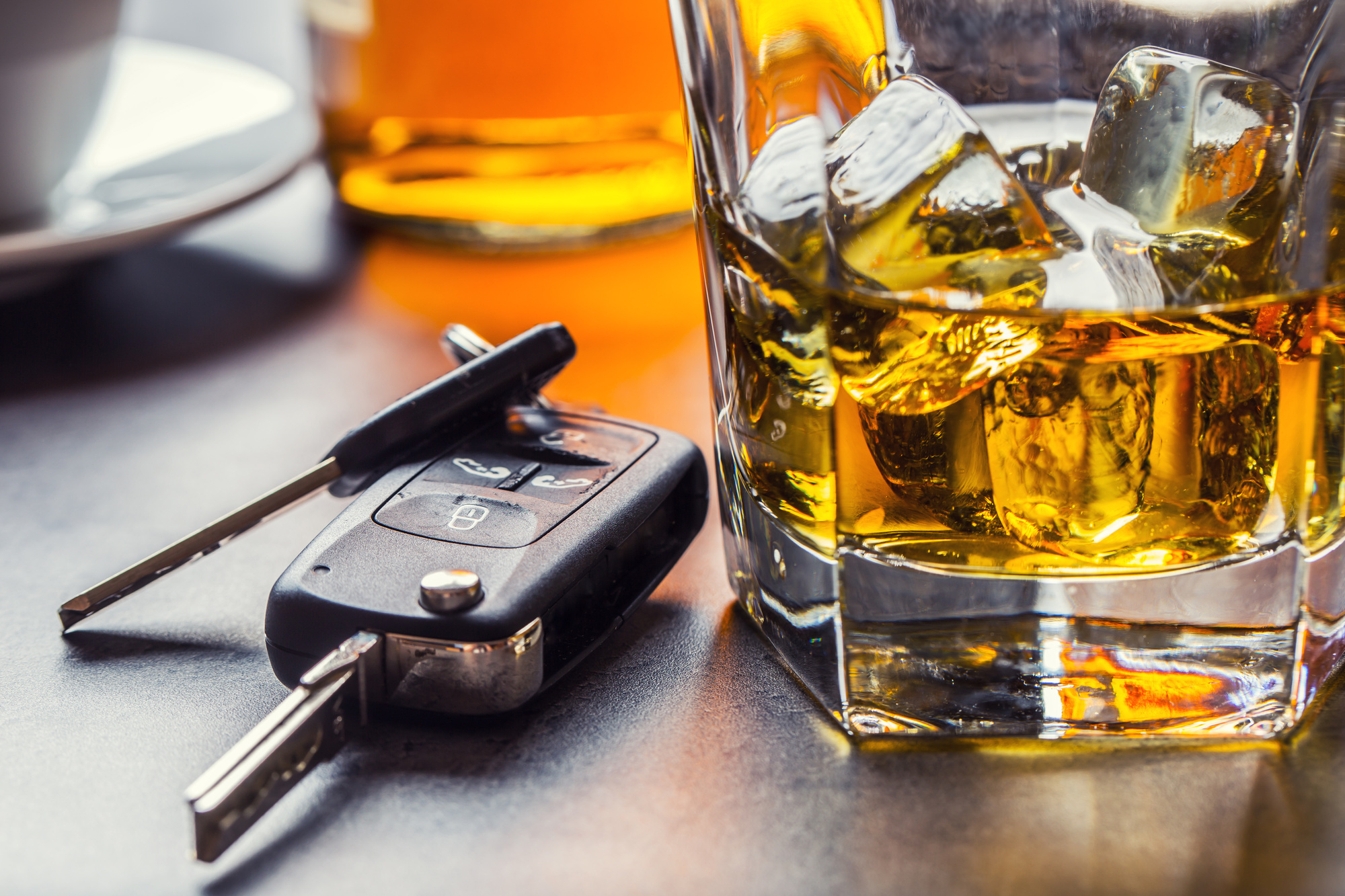In the intricate web of modern traffic, accidents are an unfortunate reality. Determining the sequence of events and assigning responsibility can be challenging and contentious when collisions occur. However, with the advent of advanced car technologies, particularly event data recorders (EDRs) or “black boxes” and dashboard cameras (dash cams), individuals involved in accidents now have powerful tools at their disposal to safeguard their rights and navigate collision disputes effectively.
The Rise of Event Data Recorders (EDRs)
Event data recorders, often colloquially referred to as “black boxes,” have become an integral part of modern vehicles. These devices, which were initially developed to enhance vehicle safety and inform future safety regulations, have now assumed a pivotal role in resolving collision disputes.
What Black Boxes Record
EDRs are designed to capture crucial data in the moments leading up to, during, and after a collision. This information includes vehicle speed, brake usage, engine throttle position, airbag deployment timing, and other relevant data points. Essentially, black boxes offer a comprehensive snapshot of the vehicle’s behavior in the moments surrounding an accident.
Aiding in Accident Reconstruction
In collision disputes, accident reconstruction is crucial to determining fault and liability. Black box data is a valuable tool for investigators and insurance adjusters, enabling them to reconstruct the sequence of events accurately. This objective data can often provide a more reliable account of what transpired than eyewitness testimonies, which may be subjective or incomplete.
Preserving Evidence for Legal Proceedings
One of the key advantages of black boxes is their ability to preserve critical evidence for legal proceedings. In the aftermath of an accident, this data can be accessed and analyzed to establish the facts of the case in order to help you in a personal injury situation. This evidence can be particularly useful when insurance claims are disputed or when legal action is taken to determine liability.
The Role of Dashboard Cameras (Dash Cams)
While black boxes provide insights into the vehicle’s performance, dashboard cameras, or dash cams, offer a visual record of events both inside and outside the vehicle. These compact devices, mounted on the dashboard or windshield, have become increasingly popular among drivers seeking additional protection and transparency in the event of an accident.
Objective Documentation of Events
Dash cams record video footage of the road ahead, the driver’s perspective, and the surrounding environment. In the event of a collision, this footage can serve as objective documentation of the incident. It can capture critical details such as the actions of other drivers, traffic conditions, and any contributing factors leading up to the accident. This visual record can be invaluable in clarifying disputes and establishing a factual basis for assessing fault.
Preventing Fraudulent Claims
Dash cams also play a role in preventing fraudulent claims. In some cases, individuals may attempt to exploit the ambiguity of collision scenarios for financial gain. The visual evidence provided by dashcams can debunk false claims and protect innocent parties from unwarranted liability.
Promoting Accountability
The presence of dashcams encourages accountability among all parties involved. Knowing that their actions are being recorded, drivers may be more cautious and responsible on the road. This heightened awareness can contribute to safer driving practices and, consequently, a reduction in the frequency of accidents.
Legal Implications and Privacy Considerations
While the use of black boxes and dash cams has proven instrumental in resolving collision disputes, their implementation also raises legal and privacy considerations. Understanding the legal implications is crucial for both drivers and policymakers to ensure that the use of these technologies aligns with ethical standards and privacy regulations.
Admissibility of Evidence
Courts may vary in their acceptance of black box and dash cam evidence. It is essential for individuals to be aware of the admissibility of such evidence in their jurisdiction. In some cases, legal frameworks may need to adapt to accommodate these emerging technologies, recognizing their value in establishing the facts of a collision.
Privacy Concerns
The use of dashcams raises privacy concerns, especially when recording public spaces and other individuals without their consent. Striking a balance between capturing relevant evidence and respecting privacy rights is essential. Policymakers may need to establish guidelines and regulations to ensure responsible and ethical use of these technologies.
The Future: Integrating Technology and Legal Frameworks
As technology continues to advance, the integration of black boxes and dash cams into vehicles is likely to become more widespread. Simultaneously, legal frameworks will need to adapt to accommodate these advancements, ensuring that the rights and privacy of individuals are protected while leveraging these tools to enhance the resolution of collision disputes.
Integration with Connected Car Services
The future may see a seamless integration of black boxes and dash cams with connected car services. This integration could enable real-time sharing of relevant data with emergency services, insurance providers, and law enforcement in the event of an accident, streamlining the post-collision process.
Enhanced Privacy Protocols
Policymakers may develop enhanced privacy protocols that balance the need for evidence collection with respect for individual privacy. Clear guidelines on when and how these technologies can be utilized will help create a framework that safeguards individuals’ rights and the integrity of accident investigations.
Empowering Individuals in Collision Disputes
In conclusion, the integration of event data recorders (black boxes) and dashboard cameras (dash cams) has ushered in a new era of transparency and accountability in collision disputes. These technologies provide objective, data-driven insights into the events leading up to an accident, offering a valuable tool for accident reconstruction and legal proceedings.
As we navigate this technological frontier, it is essential to strike a balance between leveraging these tools to safeguard individual rights and addressing the legal and privacy considerations that come with their use. Ultimately, the combination of advanced car tech and evolving legal frameworks has the potential to empower individuals involved in collisions and contribute to a fair and just resolution of disputes on the road.









